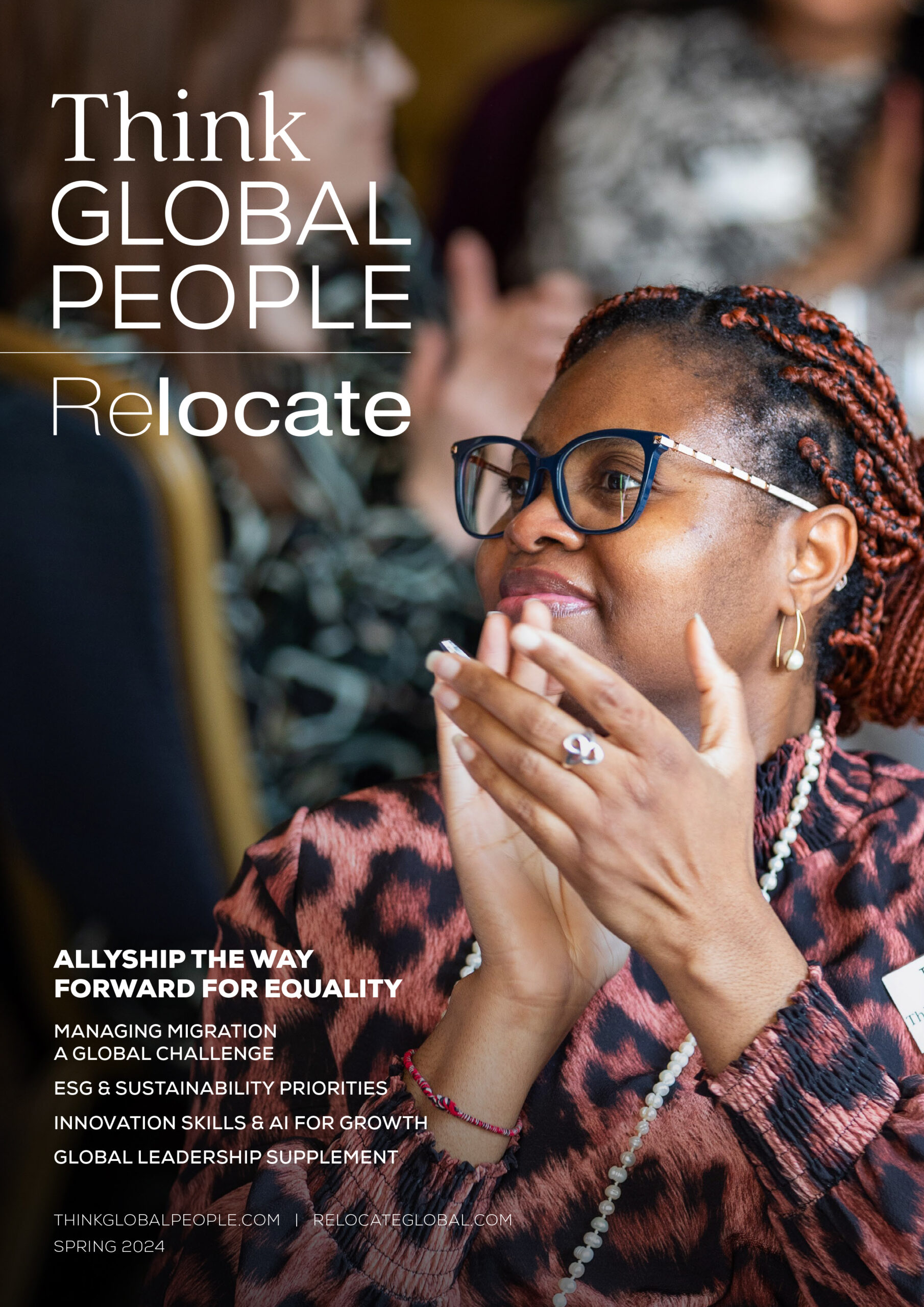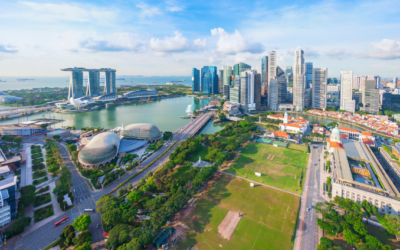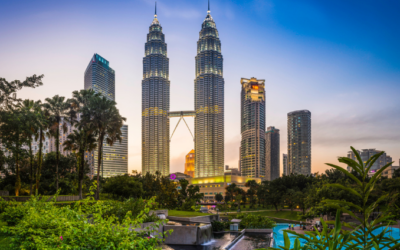Choosing a School in Hong Kong
The city offers a huge choice of quality international schools and, post-Covid, places are easier to secure, writes Sally Robinson.
Ten years ago finding an international school place in Hong Kong was a challenge characterised by long waiting lists and demands for hefty debentures to secure admission.
Since then, the Covid pandemic, civil unrest and the new Beijing-decreed national security laws have left Hong Kong unrecognisable from the cosmopolitan metropolis which traded on the tag “Asia’s World City”.
Extreme quarantine requirements (three weeks in a hotel at one stage) and lengthy periods of school closures have only added to Hong Kong’s woes. It’s no surprise, then, that both expats and locals have been leaving in droves: the population fell by 1.6 per cent, or 121,500 in the year to June 2022 according to government data. This marks the third consecutive year of decline and the biggest drop in the last six decades.
Although quarantine restrictions finally lifted in late September 2022 the hangover of the last five years has been enough to discourage expat movement to the territory. Families who have recently left say they are scarred by endless school closures (some primary schools can still only open half days) and the erosion of democracy and free speech in the territory.
Attracting expats back to Hong Kong is likely to be an uphill slog according to Lee Quane, regional director for Asia of relocation company ECA International. “Companies send staff to Hong Kong as the gateway to China, but as China continues its zero covid policy there is no point recruiting. Hong Kong needs a clear exit plan.”
The territory hopes its recent International Finance Summit (November 1-2) neatly scheduled to dovetail with the return of the city’s much loved Rugby Sevens, will turn things around.
For now though, most of the territory’s 61 international schools have places. Historically they were required to have no more than 30 per cent local students but this was relaxed in the pandemic. Now it is unlikely to be reinstated and the extra spaces are being filled by locals. “Demand is now from Hong Kong families and mainlanders and not from international families.” says Ruth Benny, education consultant and founder of Top Schools.

“Hong Kong is a tough market for schools to operate in right now,” says Ashwin Assomull, partner at global strategy consultancy L.E.K Consulting. “The market has been in decline for the last two years. As the economy cranks up you would expect Hong Kong to recover, but it’s a slow growth market right now.”
For families who are relocating Hong Kong international schools offer a huge choice of curriculums including Australian, British, American, German and French. Relocating families also need to consider the school’s location. Traditionally, expats have preferred to live on Hong Kong island with easy access to the Central district where most business is done and the best restaurants and shopping are located.
“The most popular schools are still the longest established ones on the island including the Chinese International School (where all pupils spend year 10 in Hangzhou), the Hong Kong International Schools (HKIS), the German Swiss International (GSIS), the Canadian International (CIS) and Kellett, the British international school,” says Benny.
“It has been a tough couple of years,” says Laura Tyson, Kellett’s director of development and community relations, “but there is a real sense of renewed optimism this term.”
Kellett was founded in 1976 by a group of parents looking for a high quality British style education and now educates 1300 pupils at a primary school on the island in Pokfulam and at a purpose-built through-train school in Kowloon Bay which opened 10 years ago. It is one of only three schools in Hong Kong to offer A levels rather than IB. Traditionally the school has had long waiting lists and, even now, the sixth form is almost at capacity and there are only a few places at the popular Pokfulam primary school. “We have been lucky to pick up students from other schools which has helped,” says Tyson.
NEW INTERNATIONAL SCHOOLS IN HONG KONG
In the last decade a handful of new international schools, many of them UK exports of existing schools, have opened in response to the pre-Covid shortage of places. Most have been built off the island in the New Territories where there is more space, with buses bringing pupils in from the island.
The first of the new internationals was Harrow which opened in 2012, bankrolled by oil executive Daniel Chiu. The vast Georgian-style through train school opened to 1500 pupils in Tuen Mun, in the far west of the New Territories, and is popular with mainlanders and Chinese locals.
It follows the British curriculum, including GCSE and A level exams and offers weekly boarding. The bus takes one hour from Central, but many families have chosen to move out to Tuen Mun.
It has been a tough couple of years, but there is a real sense of renewed optimism this term.”
Laura Tyson, Kellett’s Director of Development and Community Relations
Malvern College, another British public school offshoot, opened in 2018 in a brand new campus in the New Territories, close to the Hong Kong Chinese University. It is part of a global network of Malvern schools (others are in Egypt, Qingdao, Chengdu and Switzerland with Barbados and Tokyo due to open in 2023) and is an IB World School.

Global educator Nord Anglia has a network of 56 international schools in 26 countries including a new stand-alone secondary school in Kwun Tung, Kowloon, which opened in 2021. It joins Nord Anglia’s two primary schools in Hong Kong and follows the English curriculum to IGCSE followed by IB in years 12 and 13. The school encourages its pupils to see themselves as global citizens and has collaborations with world leading institutions such as the Juilliard School, MIT and UNICEF.
According to ISC Research these ultra-premium school brands (often offshoots of prestigious UK independent schools) make up just over one per cent of the internationals schools market, but it’s a growing segment. Parents seek out these brands because they are known to them, but they are also popular with wealthy locals as an alternative to sending their children away to boarding school.
A ”flight to quality” is occurring in many countries, including Hong Kong, says Pia Maske, research manager for East Asia at ISC Research. “Some remaining families in Hong Kong are moving to international schools that were previously full,” says Maske.
ISC Research also identifies demand from local families for a quality education at a more affordable price and says there is a market here in the near future.
Pre-Covid, there was an acute shortage of primary school places and the in 2017 the Hong Kong Bureau of Education gave the go ahead for several new schools including Shrewsbury International. The school opened a bright new campus for 3-11 year olds in Tseung Kwan in 2018 following the English curriculum. One year later, in 2019, Wycombe Abbey, an off shoot of the highly academic UK school, opened its doors in Aberdeen. It offers a bilingual curriculum with a strong emphasis on learning Mandarin and being part of Chinese culture. According to ISC Research, the number of bilingual schools is increasing globally and they now account for one third of the international schools market.
Debentures are a thing of the past. The school may mention them on a website but there are a lot of waivers and no family should be buying one.”
Ruth Benny, Education Consultant and Founder of Top Schools
Many international schools in Hong Kong have traditionally operated a debenture system, which can be costly for new arrivals. Basically parents, or their employers, have to make a lump sum payment on admission which may be refundable, depreciating or non-refundable at the end of their child’s education, depending on the school. Increasingly, these are being replaced by capital levies – annual non-refundable one off fees. “Debentures are a thing of the past,” says Benny. “The school may mention them on a website but there are a lot of waivers and no family should be buying one.”
Save the date
The Innovation Festival for Global Working
Join us on 8 June 2023 in Kent, UK




